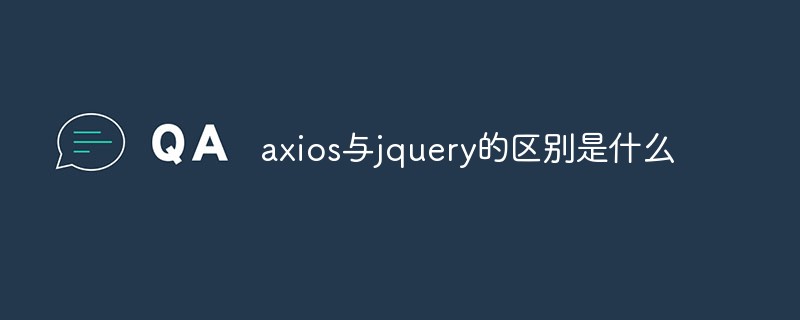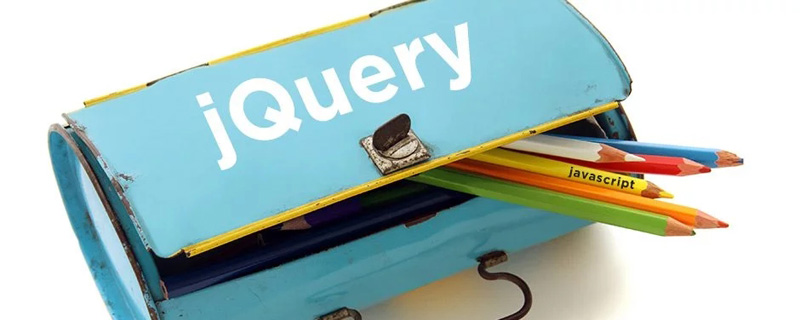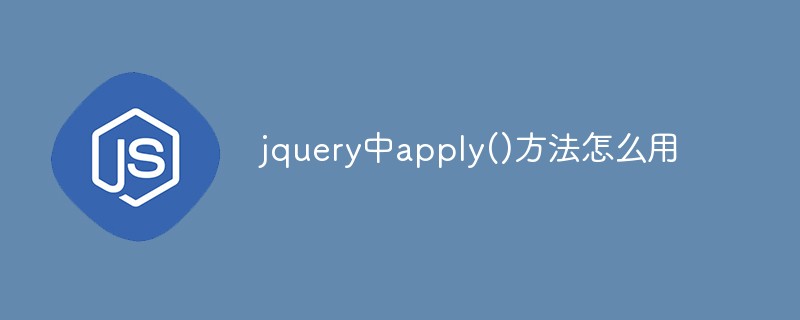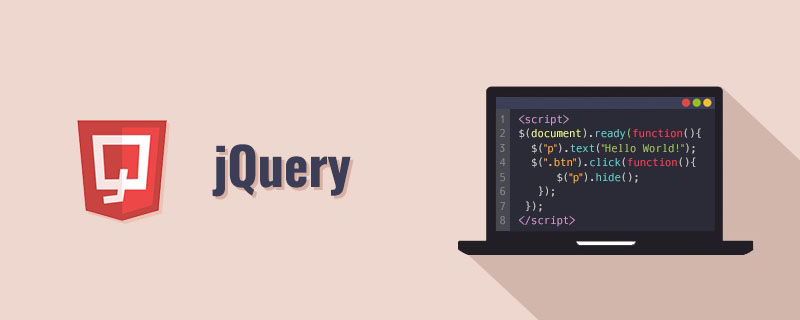This article mainly introduces relevant information with detailed examples of the difference between text() val() and html() in jQuery. It is very good and has reference value. Friends in need can refer to it
Simple Said: The difference between html() and text() mainly lies in whether it contains tags. And val() targets form elements.
But sometimes it’s still not so clear.
html(), val(), and text() are all divided into parameters and no parameters.
Example to illustrate their differences:
html() gets the content of the first matching element without parameters . It must be noted that even if there are multiple matches, only the first matched element can be obtained.
For example:
<body>
<p>你选中这段文字后,看看它们的文本颜色和背景色,就能明白::selection的作用。</p>
<h3 id="选中下面的文字-看看它的颜色">选中下面的文字,看看它的颜色</h3>
<h3 id="选中下面的文字-看看它的颜色">选中下面的文字,看看它的颜色</h3>
<h3 id="选中下面的文字-看看它的颜色">选中下面的文字,看看它的颜色</h3>
<input type="text" value="aaa">
</body>
</html>
<script src="../js/jquery-1.11.2.min.js"></script>
<script>
var con = $("p").nextAll("h3");
console.log(con.html());
</script>
The con here matches 3 h3 elements, but only the content of the first h3 will be printed.
If we change to text(); then the contents of three h3 will be printed out.
If parameters are provided, con.html("aaa"); and con.text("aaa"); have the same effect and can change the contents of three h3s.
But if con.html("'aaa'") and con.text("'aaa'"); use html span will be parsed as a label, and text will be inserted as a string.
<body>
<p>你选中这段文字后,看看它们的文本颜色和背景色,就能明白::selection的作用。</p>
<h3 id="span-选中下面的文字-看看它的颜色-span"><span>选中下面的文字,看看它的颜色</span></h3>
<h3 id="span-选中下面的文字-看看它的颜色-span"><span>选中下面的文字,看看它的颜色</span></h3>
<input type="text" value="aaa">
</body>
</html>
<script src="../js/jquery-1.11.2.min.js"></script>
<script>
var con = $("p").nextAll("h3");
console.log(con.html());
console.log(con.text());
</script>

html() will also remove the tag, but text() will only get text part.
Look at val();
<body>
<input type="text" value="aaa"/>
<input type="button" value="按钮"/>
选择性别:<input type="radio" name="sex" checked value="男"><label>男</label>
<input type="radio" name="sex" value="女"><label>女</label>
<br><br>
选择地区:
<select style="width: 150px">
<option value="1">上海</option>
<option value="2">杭州</option>
<option value="3">南京</option>
<option value="4">丽江</option>
</select>
</body>
</html>
<script src="../js/jquery-1.11.2.min.js"></script>
<script>
$(function () {
console.log($("input:text").val());
console.log($("input:button").val());
console.log($("input[name='sex']:checked").val());
console.log($("select option:selected").text());
});
</script>

Here, you can Pay attention to how to get the value of the radio button and how to get the value of the selected select.
It should be noted that the value of option is not the content displayed on the page, because to set or obtain the page content of option, you need to use text(), of course, you can also use html().
Summary of the differences between the three
1. The .val() method is the same as .html(). If it is applied to multiple When on an element, you can only read the "value" value of the first form element, but .text() is different from them. If .text() is applied to multiple elements, it will read the "value" value of all selected elements. Text content.
2.html(),.text(),.val() can all use the return value of the callback function to dynamically change the content of multiple elements.
The above is the entire content of this article. I hope it will be helpful to everyone's study. For more related content, please pay attention to the PHP Chinese website!
Related recommendations:
How to use Nodejs to build a server to access static resource files such as html, css, JS and so on
The above is the detailed content of About the difference between text() val() and html() in jQuery. For more information, please follow other related articles on the PHP Chinese website!
 jquery实现多少秒后隐藏图片Apr 20, 2022 pm 05:33 PM
jquery实现多少秒后隐藏图片Apr 20, 2022 pm 05:33 PM实现方法:1、用“$("img").delay(毫秒数).fadeOut()”语句,delay()设置延迟秒数;2、用“setTimeout(function(){ $("img").hide(); },毫秒值);”语句,通过定时器来延迟。
 axios与jquery的区别是什么Apr 20, 2022 pm 06:18 PM
axios与jquery的区别是什么Apr 20, 2022 pm 06:18 PM区别:1、axios是一个异步请求框架,用于封装底层的XMLHttpRequest,而jquery是一个JavaScript库,只是顺便封装了dom操作;2、axios是基于承诺对象的,可以用承诺对象中的方法,而jquery不基于承诺对象。
 jquery怎么修改min-height样式Apr 20, 2022 pm 12:19 PM
jquery怎么修改min-height样式Apr 20, 2022 pm 12:19 PM修改方法:1、用css()设置新样式,语法“$(元素).css("min-height","新值")”;2、用attr(),通过设置style属性来添加新样式,语法“$(元素).attr("style","min-height:新值")”。
 jquery怎么在body中增加元素Apr 22, 2022 am 11:13 AM
jquery怎么在body中增加元素Apr 22, 2022 am 11:13 AM增加元素的方法:1、用append(),语法“$("body").append(新元素)”,可向body内部的末尾处增加元素;2、用prepend(),语法“$("body").prepend(新元素)”,可向body内部的开始处增加元素。
 jquery怎么删除div内所有子元素Apr 21, 2022 pm 07:08 PM
jquery怎么删除div内所有子元素Apr 21, 2022 pm 07:08 PM删除方法:1、用empty(),语法“$("div").empty();”,可删除所有子节点和内容;2、用children()和remove(),语法“$("div").children().remove();”,只删除子元素,不删除内容。
 jquery中apply()方法怎么用Apr 24, 2022 pm 05:35 PM
jquery中apply()方法怎么用Apr 24, 2022 pm 05:35 PM在jquery中,apply()方法用于改变this指向,使用另一个对象替换当前对象,是应用某一对象的一个方法,语法为“apply(thisobj,[argarray])”;参数argarray表示的是以数组的形式进行传递。
 jquery on()有几个参数Apr 21, 2022 am 11:29 AM
jquery on()有几个参数Apr 21, 2022 am 11:29 AMon()方法有4个参数:1、第一个参数不可省略,规定要从被选元素添加的一个或多个事件或命名空间;2、第二个参数可省略,规定元素的事件处理程序;3、第三个参数可省略,规定传递到函数的额外数据;4、第四个参数可省略,规定当事件发生时运行的函数。
 jquery怎么去掉只读属性Apr 20, 2022 pm 07:55 PM
jquery怎么去掉只读属性Apr 20, 2022 pm 07:55 PM去掉方法:1、用“$(selector).removeAttr("readonly")”语句删除readonly属性;2、用“$(selector).attr("readonly",false)”将readonly属性的值设置为false。


Hot AI Tools

Undresser.AI Undress
AI-powered app for creating realistic nude photos

AI Clothes Remover
Online AI tool for removing clothes from photos.

Undress AI Tool
Undress images for free

Clothoff.io
AI clothes remover

AI Hentai Generator
Generate AI Hentai for free.

Hot Article

Hot Tools

Safe Exam Browser
Safe Exam Browser is a secure browser environment for taking online exams securely. This software turns any computer into a secure workstation. It controls access to any utility and prevents students from using unauthorized resources.

SublimeText3 Linux new version
SublimeText3 Linux latest version

SublimeText3 Chinese version
Chinese version, very easy to use

Notepad++7.3.1
Easy-to-use and free code editor

SublimeText3 Mac version
God-level code editing software (SublimeText3)







